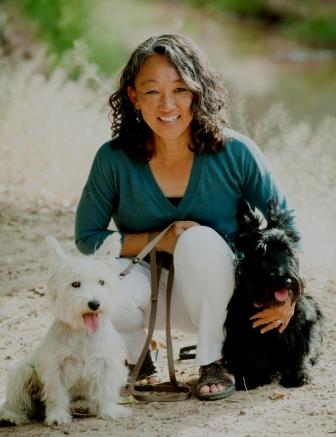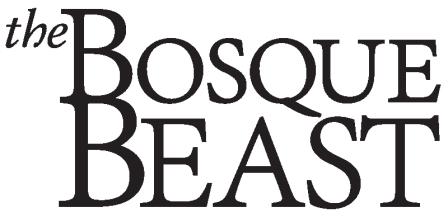
The man issue
In mid-December, while interviewing men about macho attitudes towards animals, I was unhinged to learn that 20 little kids had been shot to death at school. The link between these two types of violence — against animals and people — came immediately to mind.
The assault weapon used in Connecticut belonged to the gunman’s mother, yet it is overwhelmingly men who use such weapons to kill people. Of the 62 mass shootings in the U.S. since 1982, all but one was by a man. Likewise, studies have found males responsible for about 98 percent of violent attacks on animals. Shelter workers will tell you that animal abuse and domestic violence generally occur together. Perhaps not surprisingly, mass shooters especially are reported to have a history of attacking animals.
Why are men more likely to be violent? News reports often point to a history of feeling humiliated, which probably resonates more profoundly for men. Unlike women, who are defined by their body parts (and their babymaking function), or other animals — also defined by their biology — men must continually prove their masculinity through action. And this privileged status can be revoked at any time.
Is it any wonder that men fear emotional vulnerability? Or that so few want to risk falling for some cute baby creature? Such widespread unease in half the population might be considered dangerous if it were not, in fact, the very stuff that sells products. Massive diesel trucks, pricey protein shakes, military assault weapons, and other macho paraphernalia are easily sold on the promise of invincibility their products will provide.
The effect doesn’t last, of course. Consumerism drives the U.S. economy because enough is never enough. Your big truck tires aren’t quite big enough, your arsenal not high-powered enough to vanquish the nagging fear of vulnerability. Sure, we all pay lip service to the idea that true strength (or beauty, in the case of females) comes “from within.” In practice, we reach for the credit card to bolster our flagging sense of self-worth.
Gun advocates will tell you that guns don’t kill people; people do. It follows that guns don’t keep you safe; only your state of mind can do that. Consider the men I spoke with who rescue animals — all of them share a steady calm in their speech and demeanor, walking around without guns or armor, no trepidation about being seen as unmanly.
In fact, if it’s part of the emotional formula for abusers, batterers, and killers to turn on animals, I like to think something quite the opposite happens to men who actually look after them. Call it paternal instinct, primal and definitively masculine: not strength by attacking the weak, but strength in the will to protect them.
Animals have a special ability to bring this out in us, because they are so utterly guileless. No matter who you are, they bring to every encounter their complete presence, without motivations, which is what makes winning their trust so sweet. It’s not like any kind of love between humans, even the sweetest of which is tinged with motivation.
To open yourself up to loving an animal is to understand profoundly that each creature on Earth has a soul, and that you have one too. It’s the very opposite of what the marketers want you to believe — that we are all image, and relationships can be “mastered” by wearing the right one.
Shed the costumes and accessories of masculine strength, and what remains? Not the size of your muscles, Mister. It’s the size of your heart that makes you a man.
Keiko Ohnuma
Editor & publisher
